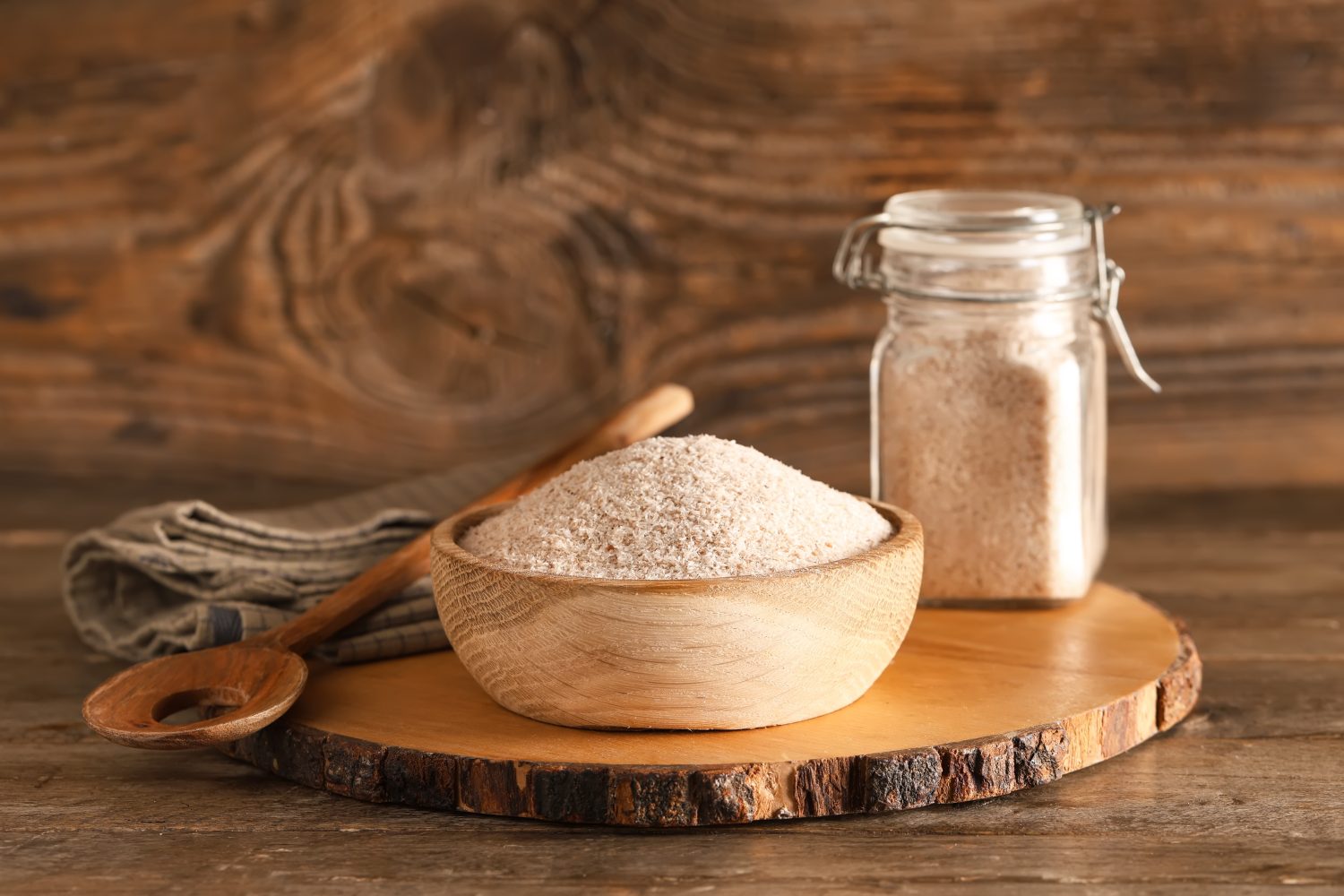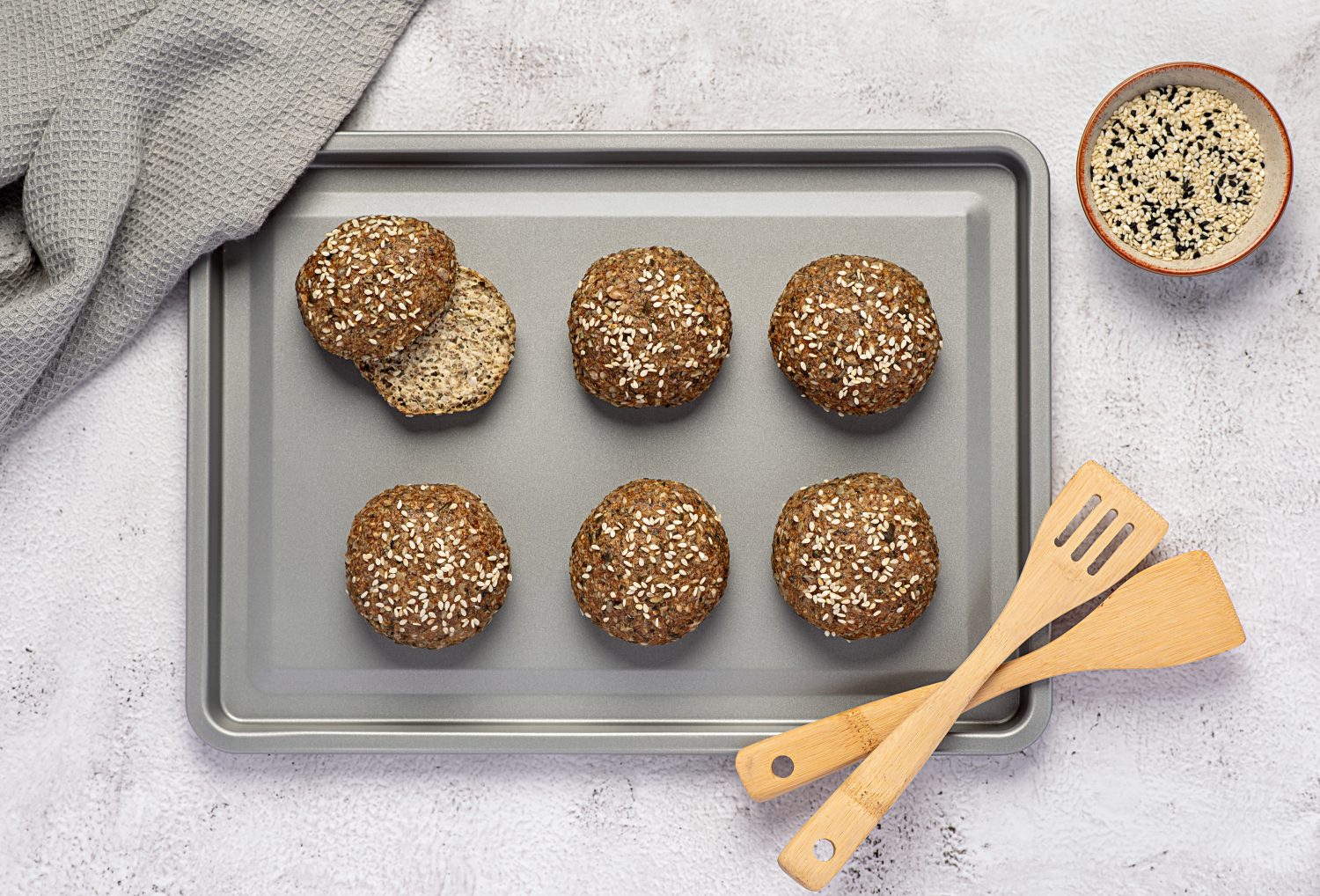Popular Products
Aronia Vida
CHF 69.00
Psyllium seed husks are the seed husks of the Plantago ovata plant, which belongs to the plantain genus. Psyllium seed husks contain indigestible dietary fibre and mucilage. These have the ability to bind large amounts of water and swell up. The volume of the food pulp is increased and intestinal activity is stimulated. Psyllium husks can provide relief from chronic constipation on the one hand and diarrhoea on the other. Good digestion is promoted, the intestinal contents become more slippery and the intestines are “cleansed”



Psyllium husks also serve as a “food source” for the “good” intestinal bacteria. The large intestine is home to around 100 trillion bacteria(microbiome) that break down food, ward off pathogens and produce important vitamins . Among other things, these bacteria depend on dietary fibre. The dietary fibres from psyllium husks are broken down by the microbiome, which can selectively promote the growth or activity of certain benign bacteria there. The “good” intestinal bacteria are also called probiotics and their “food” prebiotics.
Make sure that the place of delivery and the language correspond to your region. Otherwise, change your selection: